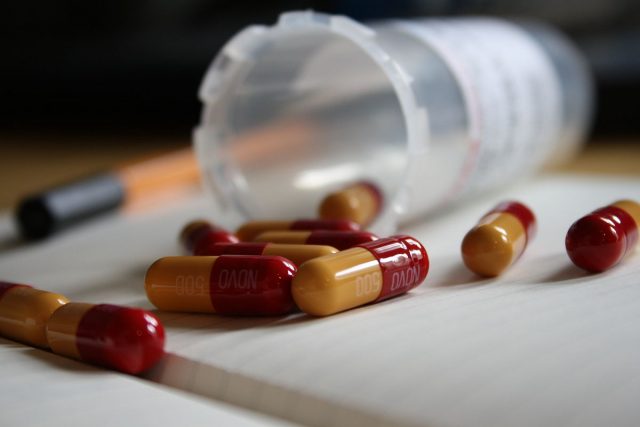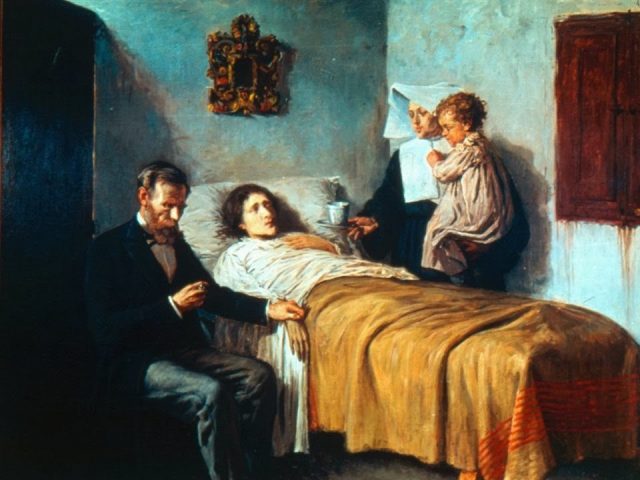Mapping placebo: physiology and belief boundaries
Mapping placebo: physiology and belief boundaries

Almost desperate, Rodrigo – the name is fictitious- visits his doctor seeking a solution for a chronic back pain he has been suffering for the last three years. After trying five different medications, none of them with effect, he receives an unexpected suggestion from his uncle, who encourages him to try acupuncture. He himself has received sessions with, he assures, impressive results. But Rodrigo is doubtful: he has read somewhere that it is all about placebo. And he forwards the question to his doctor – is it true, doctor? Is it just only a placebo?
The doctor may well struggle to answer. Evidence backing the effectiveness of the so-called alternative/complementary medicines are still limited or puzzling. On the other hand, clinicians have long suspected that expectations can make a large influence on how well patients get through diseases. And then, there is research pointing that, perhaps, what Rodrigo had exactly asked could have a possible beneficial effect.
In 2004, researchers at the University of Colorado (U.S.A.) were assessing the efficacy of a pilot new treatment for Parkinson´s disease based on the intracerebral delivery of stem cells to slow down the dopaminergic neuronal loss 1. The outcome was evaluated by medical staff blinded to the treatment and included objective measures of repetitive movement, tremor and ambulation, as well as life quality signs reported by patients. The study was double-blinded, so patients were informed but did ignore to what group they belonged (treatment or sham surgery). But their impression in this regard had a notable effect.
“People who got a placebo but thought they got a transplant showed the same outcome as people who got the transplant but thought they had gotten placebo,” says led researcher Curtis Freed in an email. Nevertheless, “the best outcome appeared in subjects that both believed that had received and actually received the transplant,” adds the neurologist.
It seemed as if beliefs and physiology could intermingle and sum up to boost cure. If patients might improve due to the symbolic character of the medical intervention that would place importance to the context of care perceived by patients. Gestures, attention, words, exactly everything that is common to any given treatment, and that makes up the ritual in which the patient-doctor interaction is embedded, could perhaps have a healing effect.
But scientists, also clinicians, split around the issue. While some of them are investigating what aspects of placebo responses might be useful in a clinical setting, others see here just pseudoscience, or hold serious concerns on the very existence of the placebo effect, or -in case it would be real- think its use involve unpassable ethical concerns.
Proponents put forward various arguments to defend a potential use of placebo. First, it is unavoidable – it might be there in any medical intervention; even under conventional treatments unless the social context (beyond patient and doctors) ignores a treatment is being delivered. Second, conventional treatments are not infallible. They have in some cases strong secondary effects or low efficacy, thus, we should not disregard any potential source of healing.
Pain relief is a special hotspot where the battle is waging. Last year, a meta-analysis that reviewed the efficacy of surgical treatments for chronic pain treatment concluded that placebos accounted on average for a 65% of the observed improvement across conditions and procedures 2. In several interventions, surgical procedures were not more (or even less) effective than placebo.
Then, why are there clinicians and researchers reluctant to accept a potential clinical role for placebo responses? First, because they ignore the mechanism of action. Since the outburst of evidence-based medicine a few decades ago, clinicians do not use to prescribe treatments based solely on their personal intuition but also on contrasted evidence about efficacy and safety – gathered with thousands of individuals – and a detailed description of the mechanism of action.

There are still many open questions about the precise mechanism by which placebos could make a therapeutic effect, or in other words, by what means can patients´ expectations influence healing. “There are no specific placebo neurons,” says by email a leading placebo researcher and neuroscientist, Fabrizio Benedetti – who is a research Professor at the University of Turin. “As far as we know today, many neuronal pathways can be modulated by placebos”.
Benedetti has been investigating in this field for more than 20 years and thinks placebos can have an important medical effect. “While running clinical trials, I soon realized that sometimes those patients who received a placebo got better than those receiving the active treatment”, adds the researcher.
But in what way the cellular pathways that are activated in placebo responses manage to impact disease progression remains a mystery – perhaps with the only exception of pain relief, the area in which placebos have proved more successful to date. Several placebo effects are known to modulate the activity of pain regulatory circuits in the nervous system. This leads to either an early pain processing blockade, anxiety relief or the activation of reward mechanisms, all of which may ultimately contribute to the reduction of the subjective experience of pain 3.
Critics still argue that the observed improvement in people receiving placebos could have nothing to do at all with any induced therapeutic effect – an issue that may ground on the use of subjective outcomes reported by patients for the assessment of treatment efficacy. This, in turn, is particularly puzzling when subjective and objective measures disagree. Could it happen that patients perceive an improvement while they are not really getting better?
“It is hard to distinguish a true placebo effect from response bias [perceived albeit inexistent improvement] in outcomes that are reported by patients,” says Asbjørn Hrobjartsson, research Professor at the Center for Evidence-based medicine in Denmark.
To make things harder, patients may recover alone. Just by themselves. Doctors know that diseases sometimes remit without any obvious reason. “Improvement from baseline in the placebo group does not prove that a placebo effect is happening”, points Hrobjartsson. Chance, random variation, or technical errors (for example, patients may have been incorrectly diagnosed, among other reasons) might be on stage. To be considered a real entity, placebos should be able to do something beyond this level of spontaneous recovery– and that needs a comparison between a placebo with a non-intervention control.
This point raises a creative challenge for placebo researchers, but as we shall see in the second article of this series on the placebo effect next week, some studies have managed to get very close to meeting such criteria. The debate is open.
So Rodrigo must still wait for his doctor´s answer.
References
- McRae, C. et al (2004): Effects of Perceived Treatment on Quality of Life and Medical Outcomes in a Double-blind Placebo Surgery Trial. Arch Gen Psychiatry, 61(4):412-20. doi:10.1001/archpsyc.61.4.412. ↩
- Jonas, W.B. et al (2015): To what extent are surgery and invasive procedures effective beyond a placebo response? A systematic review with meta-analysis of randomised, sham-controlled trials. BMJ Open. 5(12): e009655. doi: 10.1136/bmjopen-2015-009655 http://www.ncbi.nlm.nih.gov/pmc/articles/PMC4679929/ *The leading author of this paper is affiliated with an institution dedicated to the research and consulting of so-called ‘alternative medicines’. ↩
- Benedetti, F. (2014): Placebo effects: from the neurobiological paradigm to translational implications. Neuron, 84(3):623-37. doi: 10.1016/j.neuron.2014.10.023 ↩
2 comments
[…] El placebo, ese efecto que explotan muchas pseudomedicinas (no son medicinas alternativas; ese concepto no existe, porque no son medicinas), tiene una base fisiológica y capacidades poco menos que increíbles. José Viosca en Mapping placebo: physiology and belief boundaries […]
[…] En el límite de la fisiología y la creencia […]